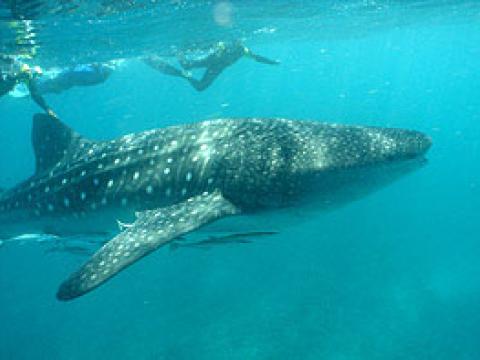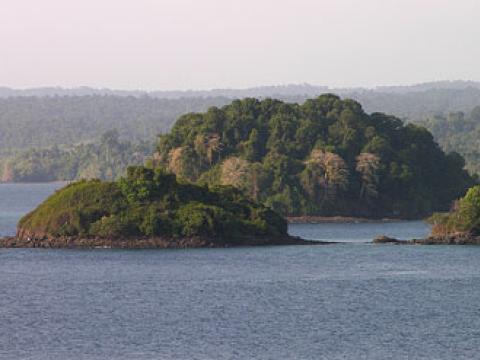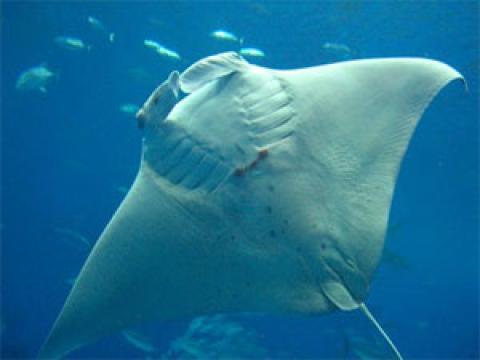Analysis
CSF uses economics to accomplish widespread and lasting conservation by lowering its costs, revealing its benefits, and aligning it with economic growth. We practice economics with a specific social goal, conservation, and remain true to the ultimate social goal of all economics, making people happier. Our analyses draw from a range of economic disciplines and tools, and deliver the information decision makers need to find smart, efficient solutions to our most urgent environmental problems.
Ocean Economics - Gladden Spit, Belize
Primary data gathered from all fieldtrips include:
- 154 household surveys
- 55 fisher surveys
- 251 face-to-face visitor surveys
- 130 self-completed visitor surveys
- 143 face-to-face non-visitor surveys
- 200 self-completed visitor surveys
- 20 tour operator surveys
- Local fish buying survey and fishing characterizations
- Key informant interviews and focus groups
- 10 months of fisheries landings surveys
In addition, there has been a considerable amount of secondary data collected on tourism and fishing in the case study village and in Belize as a whole, as well as data on the case study MPA including visitation, financial information, management actions and illegal warnings and arrests.
A few significant findings:
This reserve generated over $US 4 million in net economic values in 2007, which is equivalent to $US 41-93 million over 25 years, depending on the discount rate applied. These values likely underestimate the total economic value, as values such as marine life nursery functions, waste assimilation and consumer and producer surpluses gained in other nearby community values have not been included due to time and budget constraints. Over time, the value of high quality coral reef habitat is expected to increase sharply due to increasing wealth and degradation of other reef areas.
Gladden Spit is similar to other MPAs, which could be expected to have comparable economic values. However, the spawning aggregations that occur there and the whale shark aggregations that come to feed on the spawn make this area unique and contribute a significant proportion to the reserve value. This special feature of this MPA needs to be protected, with access to fishing and whale shark interactions limited to ensure that such benefits are not lost in the future. Many tour operators are able to remain open and employ staff in part due to the whale shark and day trips to the reserve.
The economic impact of the reserve could be extremely large, as it includes revenues from tourism and recreation such as those relating to international and local travel, restaurants, hotels, gift shops, insurance, sales of dive gear, boats, as well as materials and labour for tourism development. It also includes revenues from fishing related activities such as fisheries permits, fishing gear, and boat equipment. These revenues have a direct and indirect impact on the local and regional economy and supports a large number of jobs, usually to Belizeans.
In the full report we provide evidence that MPAs such as the Gladden Spit Marine Reserve are likely to be a net beneficial use of national and international funds, both in terms of conservation of habitats and biodiversity and in terms of the secondary welfare impacts they produce, since for a relatively small investment they protect resources with large net economic benefits.
The maintenance of the current values depends to what extent these reefs are protected from overfishing and overuse, which will be increasingly tested by warming and acidifying seas. Effective management depends to a large extent on adequate financial support. In addition, further funding would likely result in better enforcement, research, and community outreach, which could increase the value of this reserve even further.



















